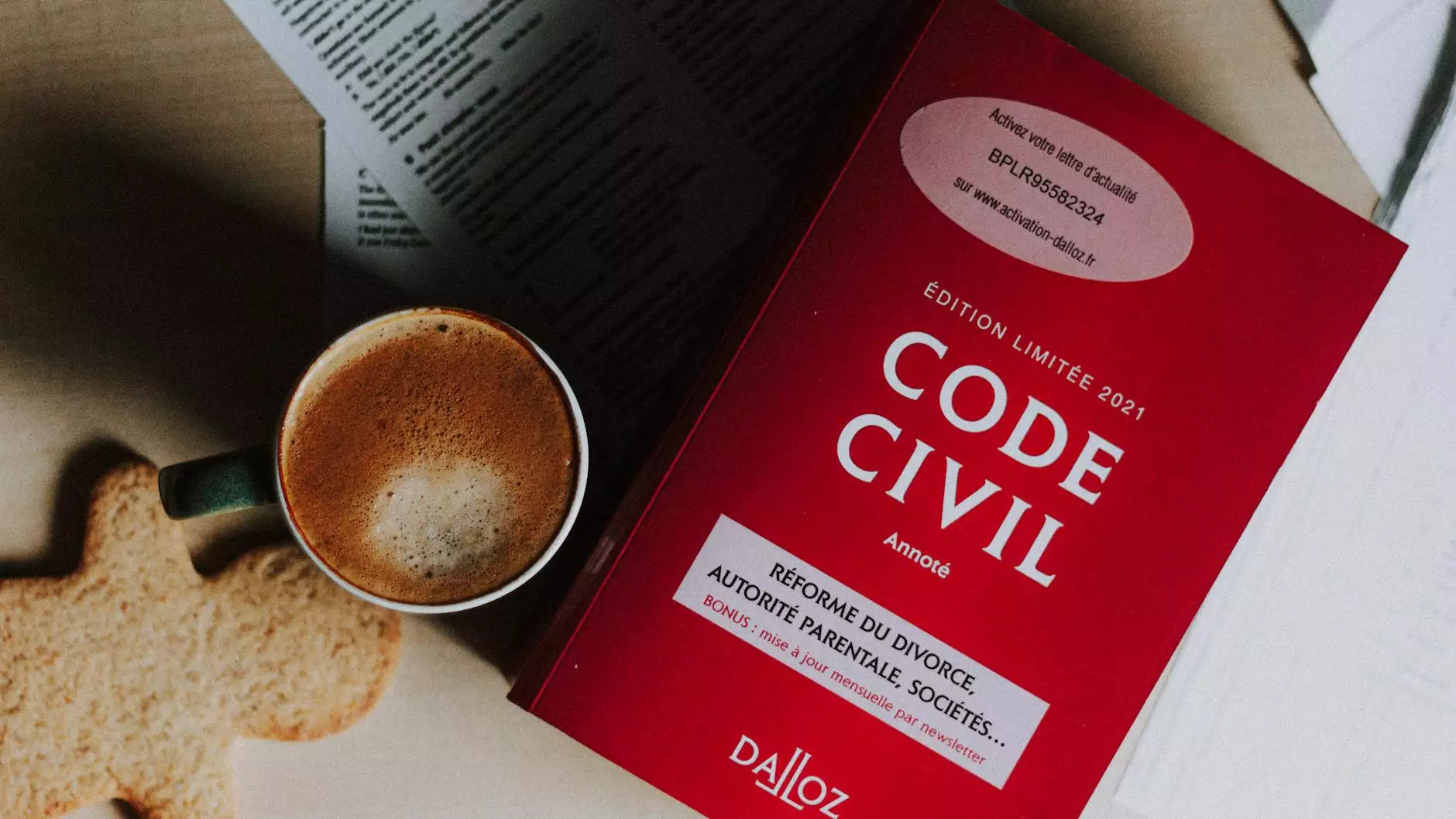What Is A Successful Workshop? Here's All You Need to Know
Blog
Are you considering hosting a workshop? Whether you are an entrepreneur looking to educate your audience or a professional aiming to share your expertise, organizing a successful workshop can be a powerful tool for communication and growth. In this comprehensive guide, we will explore the key elements that make a workshop successful, helping you to create an engaging and impactful event.
Planning and Preparation
Before diving into the details of workshop content and execution, it is crucial to start with thorough planning and preparation. This initial stage sets the foundation for a successful workshop. Here are some essential steps to consider:
- Define Your Workshop Goals: Clearly outline the objectives you want to achieve with your workshop. Are you aiming to educate, inspire, or promote? Understanding your goals will help you structure your content and measure the success of your event.
- Identify Your Target Audience: Tailor your workshop content to suit the needs and interests of your target audience. Understanding their background, knowledge level, and preferences will enable you to create an engaging and relevant experience.
- Plan a Realistic Schedule: Determine the duration and timing of your workshop based on the complexity of your content and the preferences of your audience. Consider providing breaks and interactive sessions to keep participants engaged throughout the event.
- Create Compelling Workshop Materials: Develop visually appealing and informative materials such as handouts, slides, or interactive activities. These resources will enhance participants' understanding and serve as valuable takeaways.
- Select an Appropriate Venue: Choose a venue that accommodates the size of your audience and provides the necessary facilities for a smooth workshop experience. Ensure the space fosters interaction and learning.
- Manage Logistics: Handle practical details such as registration, ticketing, and catering. Clear communication and organization are essential to ensure a seamless workshop experience for both you and your attendees.
Engaging Workshop Content
Now that you have a solid foundation in place, it's time to focus on the core of your workshop - the content. To make your workshop memorable and impactful, consider the following elements:
1. Clear Learning Objectives
Start by clearly articulating the learning objectives of your workshop. What specific knowledge or skills do you want participants to gain? Clearly defining these objectives will guide your content creation and help participants understand the value of attending your workshop.
2. Interactive and Practical Exercises
Engage your participants actively through interactive and hands-on exercises. Incorporate group discussions, case studies, role-plays, or simulations to encourage participation and application of the concepts you are teaching. These exercises foster collaboration and ensure a more immersive learning experience.
3. Expertise and Credibility
Establish your expertise and credibility by providing well-researched and accurate information. Support your content with credible sources, real-life examples, and success stories. Sharing your own experiences and insights will further enhance your participants' trust and engagement.
4. Engaging Visuals and Media
Utilize visuals, multimedia, and other engaging mediums to enhance the delivery of your content. Incorporate relevant images, videos, or infographics to help illustrate complex concepts or data. Visual aids make your workshop more dynamic and memorable.
5. Address Questions and Concerns
Encourage active participation by creating an open and inclusive environment where participants feel comfortable asking questions and sharing their concerns. Address and clarify any queries raised, as this fosters a deeper understanding and engagement among attendees.
Effective Workshop Delivery
How you deliver your workshop also plays a crucial role in its success. Here are some best practices to ensure an effective delivery:
1. Engaging Presentation Style
Adopt a dynamic and engaging presentation style that keeps your participants captivated. Use a conversational tone, inject relevant anecdotes, and maintain eye contact to establish a connection with your audience. Remember to vary your pace and tone to keep the energy levels high.
2. Time Management
Maintain excellent time management throughout your workshop. Stick to the planned schedule, allowing adequate time for each topic and activity. Respect your participants' time by avoiding unnecessary delays or rushing through important content.
3. Encourage Networking
Facilitate opportunities for participants to network and connect with each other. Incorporate ice-breakers or group activities that encourage collaboration and relationship-building. Networking adds value to your workshop and creates opportunities for future collaborations.
4. Evaluation and Feedback
Collect feedback from your participants to gain insight into their experience and identify areas for improvement. Provide evaluation forms or facilitate group discussions where attendees can share their thoughts. Learning from feedback helps you enhance future workshop offerings.
The Success of Your Workshop
Measuring the success of your workshop goes beyond the number of attendees. Consider these indicators to evaluate the impact and effectiveness of your event:
1. Participant Feedback
Review participant feedback, both qualitative and quantitative, to gauge their level of satisfaction and engagement. Assess their perception of the workshop's value and the extent to which it met their expectations.
2. Achievement of Learning Objectives
Evaluate whether participants achieved the intended learning outcomes. Measure their acquisition of knowledge or skills against the defined workshop objectives. Assessing this allows you to understand the workshop's efficacy in delivering the desired results.
3. Post-Workshop Engagement
Monitor the level of post-workshop engagement among attendees. Did they initiate follow-up discussions or implement the concepts learned? Tracking the lasting impact of your workshop can provide valuable insights into its effectiveness.
4. Referral and Testimonials
Word-of-mouth referrals and testimonials from satisfied participants are indications of a successful workshop. Positive reviews and recommendations can contribute to building your reputation and attracting future participants.
Hosting a successful workshop requires meticulous planning, engaging content, and effective delivery. By implementing the strategies outlined in this guide, you can create a memorable and impactful workshop experience that leaves a lasting impression on your participants. Remember, a successful workshop not only equips attendees with valuable knowledge but also establishes you as a respected authority in your field.










